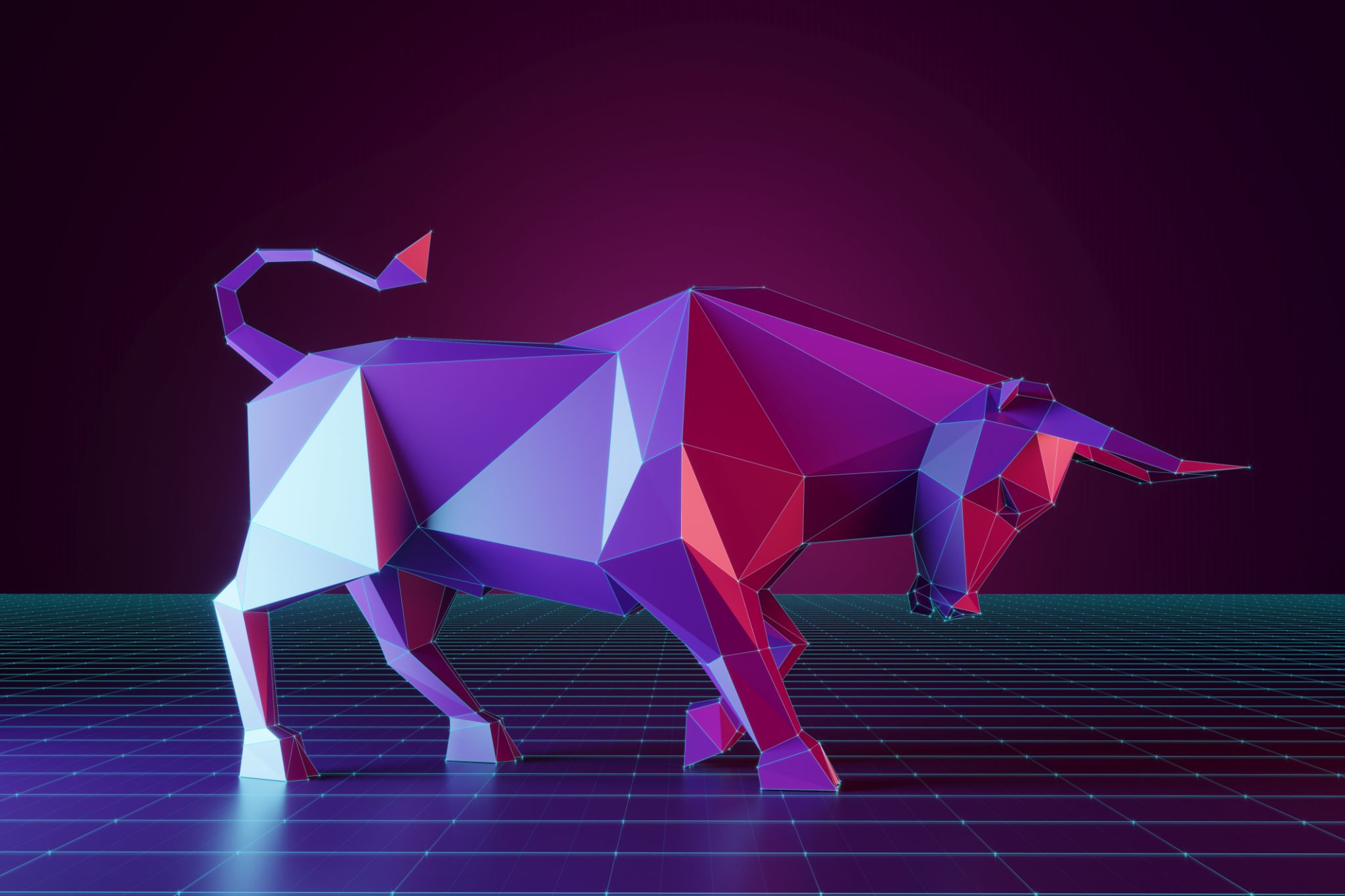How to Maximize Efficiency in Agricultural Commodity Trading in Dubai
Understanding the Agricultural Commodity Market in Dubai
Dubai, with its strategic location and world-class infrastructure, has become a hub for agricultural commodity trading. Understanding the dynamics of this market is crucial for maximizing efficiency. The trade involves buying and selling commodities like grains, fruits, and vegetables, often influenced by global supply and demand, geopolitical factors, and climatic conditions.
To navigate these complexities, traders need to stay informed about market trends and leverage advanced technologies. Utilizing data analytics can provide insights into price fluctuations and help in making informed decisions.

Leveraging Technology for Efficiency
Use of Digital Platforms
Digital platforms have revolutionized the way agricultural commodities are traded in Dubai. By utilizing these platforms, traders can access real-time data, compare prices, and execute trades swiftly. This reduces the time spent on manual transactions and minimizes the risk of human error.
Moreover, digital platforms often offer tools for tracking shipments and managing logistics efficiently. This integration ensures that commodities reach their destination on time, maintaining the quality and value of the products.

Implementing Blockchain Technology
Blockchain technology is another innovation that has made a significant impact on agricultural commodity trading. By providing a transparent and immutable ledger of transactions, blockchain ensures traceability and reduces the risk of fraud. This builds trust among traders and buyers, thereby enhancing market efficiency.
Additionally, blockchain can streamline the supply chain by automating processes like payment settlements and contract enforcement. This not only saves time but also reduces operational costs.

Optimizing Supply Chain Management
Efficient Logistics
Logistics play a crucial role in the agricultural commodity trade. To maximize efficiency, traders need to optimize their supply chain management. This involves selecting reliable transportation partners, using advanced tracking systems, and ensuring proper storage facilities to maintain product quality.
Investing in logistics technology can also help in predicting potential disruptions and planning alternative routes to avoid delays. By doing so, traders can ensure timely delivery and improve customer satisfaction.
Collaboration and Networking
Building strong relationships with suppliers, buyers, and other stakeholders is essential for a smooth trading process. Networking allows traders to explore new opportunities, negotiate better deals, and gain valuable insights into market trends.
Participating in trade fairs and industry conferences in Dubai can provide exposure to new markets and technologies. These events offer a platform for collaboration and knowledge sharing, ultimately contributing to increased efficiency in commodity trading.

Risk Management Strategies
Risk management is a critical aspect of agricultural commodity trading. Traders must be prepared to handle uncertainties such as price volatility, currency fluctuations, and geopolitical tensions. Implementing risk management strategies like hedging can protect against adverse price movements.
Moreover, maintaining a diversified portfolio can mitigate risks associated with relying on a single commodity or market. By spreading investments across different products and regions, traders can ensure stability and growth in their operations.

